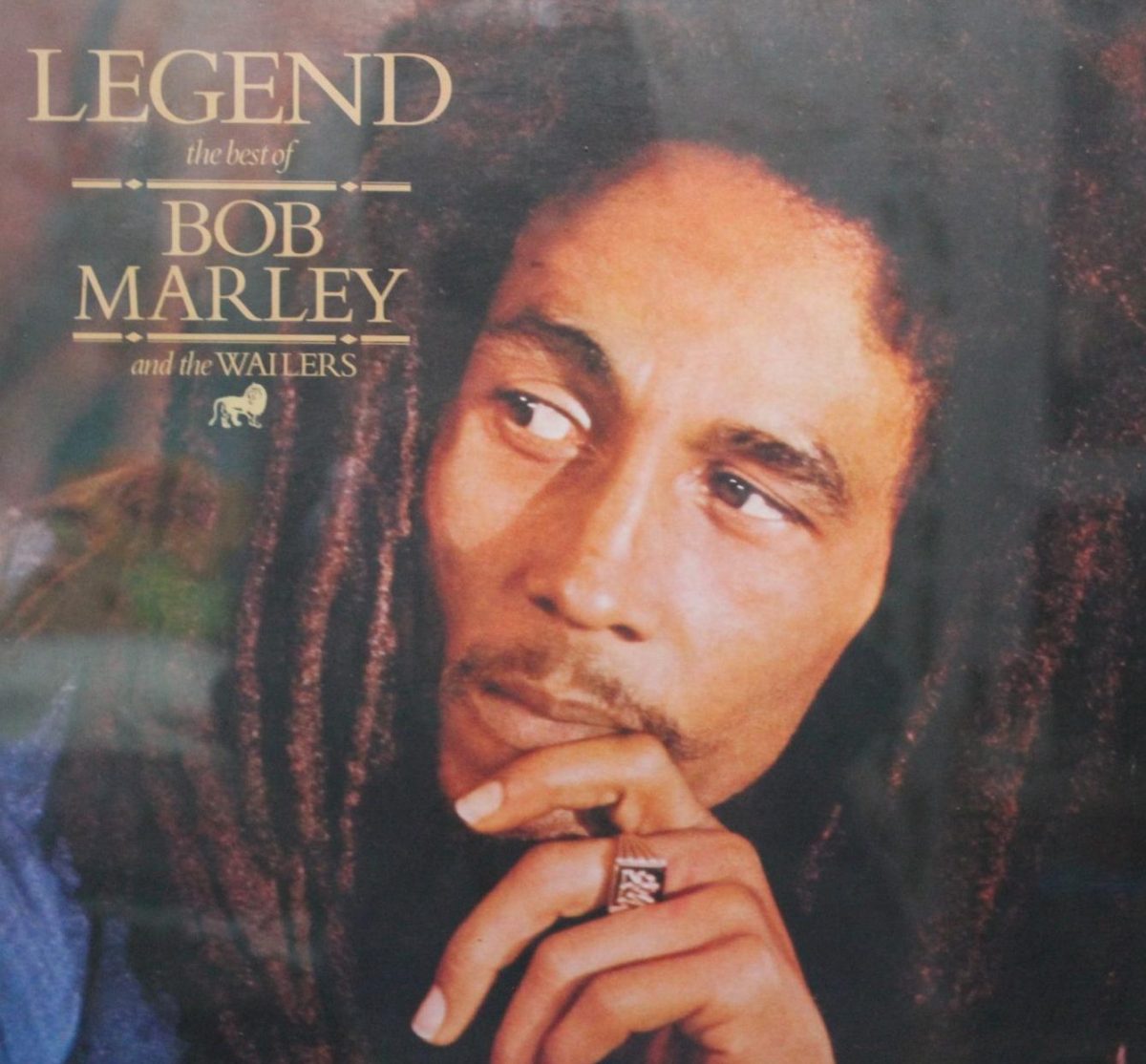Bob Marley, Jamaican singer, songwriter, and guitarist, was one of the most influential and beloved reggae artists of his time. Through his music, he became a symbol of hope, justice, and unity, spreading messages of peace and equality around the world. Although he sadly passed away many years ago, his music continues to inspire, and he remains a cornerstone of reggae culture.
Born as Robert Nesta Marley, on February 6, 1945, in Nine Miles, St. Ann, Jamaica, he was the son of Norval Marley and Cedella Booker. After his father left, his mother eventually raised him in Trench Town, Jamaica. The poverty and cultural influences in Trench Town would later be reflected and become very important for his career.
Marley’s music journey initially began in 1963 when he formed a group called The Wailers alongside Peter Tosh and Bunny Livingston in his hometown. The group originally chose the name “The Wailers” because, as Marley once said, “We started out crying.” Under the guidance of singer Joe Higgs, the group honed their skills and later expanded to include Junior Braithwaite as a vocalist, along with backup singers Beverly Kelso and Cherry Green.
Their first major hit, “Simmer Down,” gained significant popularity in Jamaica, marking the beginning of Marley’s rise in the music industry. However, his true international breakthrough came in the 1970s, after signing with Islands Records, which led to the release of iconic albums such as Catch a Fire and Burnin’. These albums propelled Marley and reggae music onto the global stage, cementing his legacy as a pioneer of the genre.
Marley released several more albums that solidified his status as a global reggae icon. In 1975, he debuted Natty Dread, which symbolized political themes and religion, and was his first album without Peter Tosh and Bunny Wailer, featuring songs such as “No Woman, No Cry” and “Lively up Yourself.” His 1976 album, Rastaman Vibration, became his first break into the U.S. Top 10, with songs like “War” and “Roots, Rock, Reggae.”
In 1977, Marley released Exodus, one of his most defining works, symbolizing a journey towards freedom and a better future. This album featured classics such as “One Love/People Get Ready,” “Jamming,” “Three Little Birds,” and “Exodus.” He followed with Kaya in 1978, with “Is This Love” and “Satisfy My Soul.”
Marley’s 1979 album Survival carried a strong political message, advocating African unity with songs like “Africa Unite” and “Zimbabwe.” His final studio album, Uprising in 1980, included some of his most powerful songs, such as “Redemption Song” and “Could You be Loved.”
His last concert was played at the Stanley Theater in Pittsburgh on September 23, 1980.
In 1981, Marley unfortunately passed away on May 11, in Miami, Florida, at the age of 36. His death was caused by complications from melanoma, a type of skin cancer that had spread throughout his body despite getting treatment.
Regardless of his untimely death, Bob Marley’s impact was immeasurable and his influence has only grown more over the decades. Through his music, he gave a voice to the oppressed and brought reggae to the international scene. Today, he is not only remembered as a musician, but as a symbol of peace, resistance, and love. His legacy lives on in the hearts of millions, proving that even in death, his spirit and songs remain timeless.



